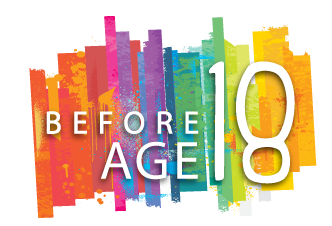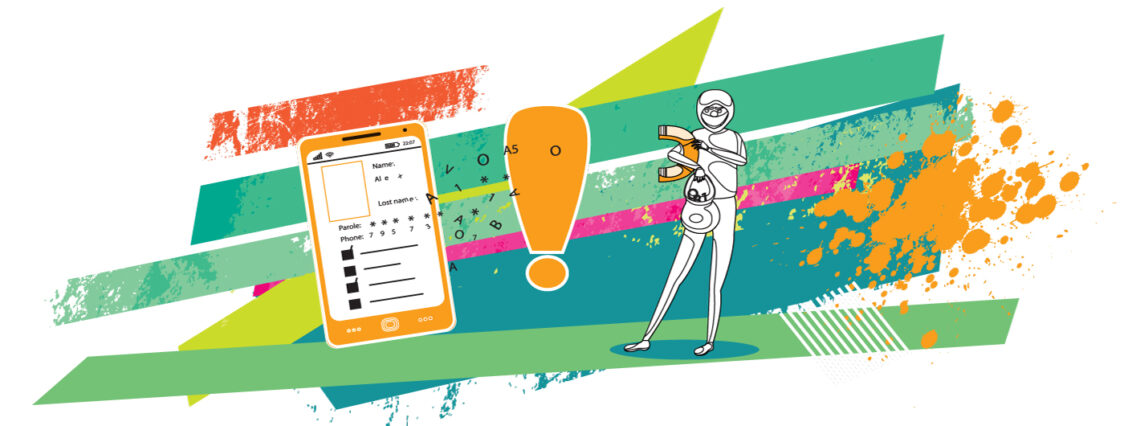Protect Your Money:
Avoid Identity Theft, Stay Safe Online, and Other Tips
You worked hard for your money and want to keep it safe. Protect your money and yourself by knowing how identity theft happens, how to stay safe online, and what to do if identity theft happens to you.
Identity Theft
Identity theft happens when someone steals your personal information, such as:
- Social Security number
- Bank account information
- Other financial account information
...and uses it to make financial transactions in your name.
You can lose money and your credit can be damaged by identity theft, so it’s important for you to be aware of how it can happen and how to protect yourself.
How Does Identity Theft Happen?
Knowing how someone could steal your identity will help you protect yourself. Knowledge is power – use it!
Dumpster diving
Identity thieves go through trash to find personal information they can steal.
Skimming
Scam artists install a skimmer on a legitimate credit card reader, like those on gas pumps. The skimmer steals your credit card information.
Phishing
Scammers pretend to be legitimate businesses or people and request personal information from you through email or a website.
Changing your address
Identity thieves fill out a change of address form in your name, then steal personal information from your mail.
Old-fashioned stealing
Someone you know or a stranger may steal personal information from you.
How to Protect Yourself
Now that you know HOW your identity could be stolen, use these tips to protect yourself:
- Keep your phone and computer software up-to-date. Updates often include fixes for security issues.
- Be aware that others may see your data when you use public wi-fi, like in a library or coffee shop. Don’t share personal or financial information using public wi-fi.
- Use complex passwords for online accounts. In general, a good password:
- Is at least 6 characters long and includes 3 of the 4 characteristics below:
- An upper case letter
- A lower case letter
- A number
- A punctuation mark or other symbol
- Does not include any part or your name or username
- Is at least 6 characters long and includes 3 of the 4 characteristics below:
- Don’t provide personal information on phone calls, mail, and emails from unknown sources – even if they claim to be legitimate.
- Never click on links in emails from unknown sources or even from someone you know if it seems unusual – check with them before clicking.
- Don’t offer your email address or personal information in exchange for free products.
- Keep your Social Security card in a secure location - not your wallet! Carry only necessary information with you.
- Protect your Social Security number. Provide it only if necessary.
- Request online statements rather than paper statements. Shred ALL paper statements with personal and financial information.
- Set up purchase alerts if your credit card company or bank offers that service.
- Review your bank and credit card activity often – daily or weekly if possible. Watch for unauthorized activity.
- Review your credit report once per year.
Signs Your Identity May Have Been Stolen
- You receive bills for things you didn’t buy
- You notice unusual charges on your bank or credit card statements
- A loan is denied
- Creditors call you demanding payment for loans you didn’t take
What to Do When Identity Theft Happens
Scams to steal financial and personal information are constantly changing. The Consumer Financial Protection Bureau provides updated information resources on how to spot a scam and what to do if you or someone you know is a victim of fraud or a scam.

